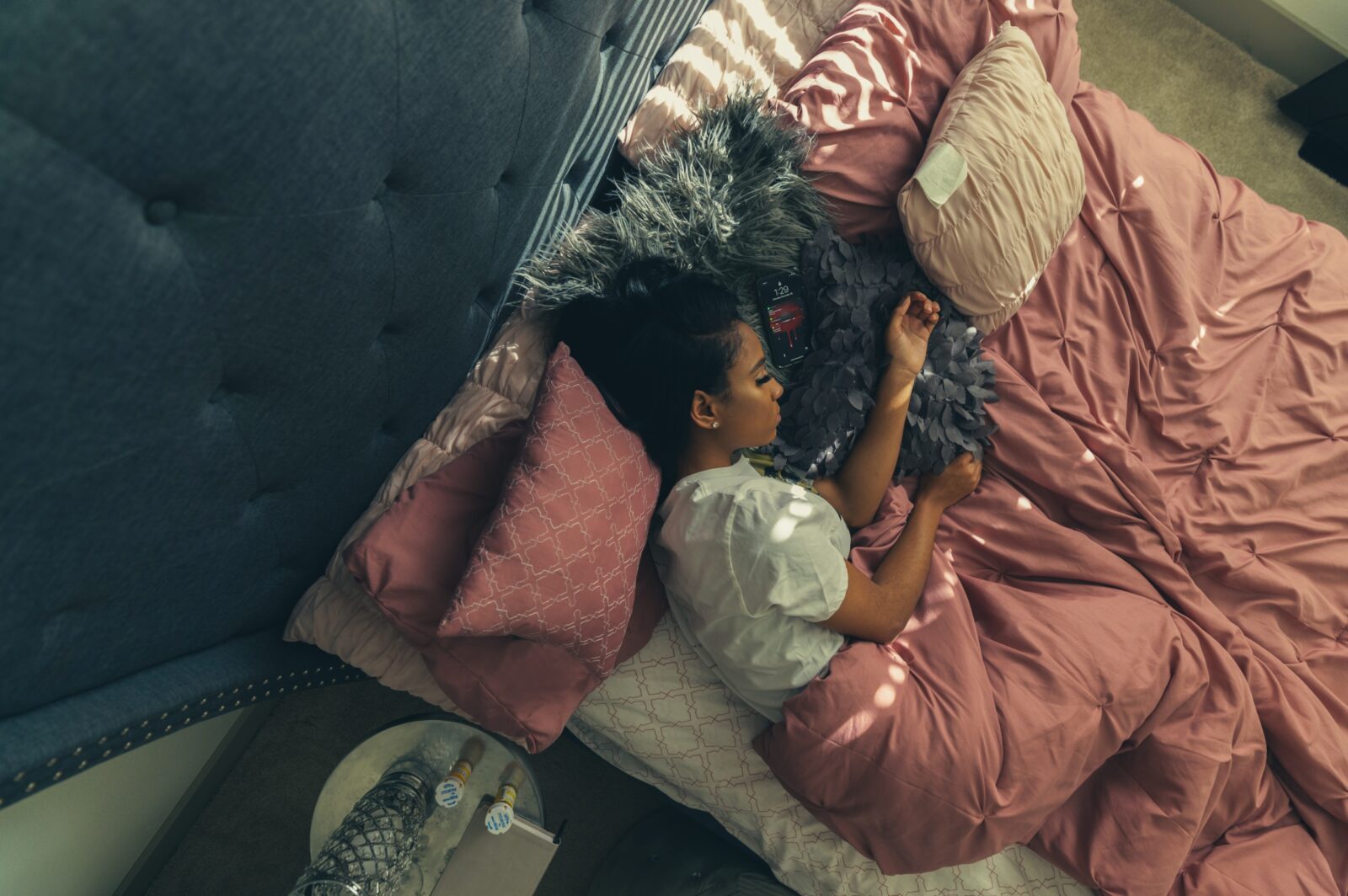Good sleep is a foundation for good health and a happier frame of mind. But when was the last time you woke up feeling refreshed, alert, and ready to take on the day?
If you’re waking up tired and fuzzy-headed, it can be harder to remember things, like quantum theory or where you left the car keys, or maybe at work you don’t feel as focused or productive as you could be, and the omission of punctuation makes you want to cry.
By the time you hit the hay, you may be feeling irritable or cranky, and a little wound up – not the best state of mind for peacefully drifting off. To feel your best during the day, you need to sleep well at night. Here are some simple steps you can take to help you sleep better:
Your bedroom should feel like a sleep oasis – The ideal room for sleep is cool and dark with the sweet spot for temperature between 15 to 20 degrees celsius (time to crank up that air conditioner!)
Peace and quiet make for bedroom bliss, however many people rely on “white noise” to help mask disruptive noises (like partners who snore like freight trains!) Some suggestions for white noise that can assist sleep:
– Ceiling fan – on double duty as a coolant and white noise
– A soothing sleepcast – yep, podcast in disguise! Headspace has 3 sleepcasts you can find for free here or jump onto YouTube for an awesome rolling waves, 11 hour soundtrack!
Consider limiting caffeine and alcohol later in the day (I feel like morning drinking is being endorsed here – I’m in!) Part of the winding down process at night begins during the day. It includes exercising early, limiting caffeine after lunch and perhaps skipping happy hour, since alcohol too late in the day can diminish sleep quality (hello fun police!)
Bathe before bedtime. Taking a warm bath or shower an hour or two before bed has been shown to relax both the body and mind. Heat relaxes tense, tired muscles, and helps you de-stress.
Turn off your screens. Our internal body clocks are highly sensitive to the blue light emitted by mobile, laptop and tablet devices. Screen time before bed suppresses melatonin secretion, delays the circadian clock, prolongs the time it takes to fall asleep, and reduces alertness the following morning.
Once you’re in bed, pleasant and somewhat repetitive mental imagery can help soothe an active mind.










